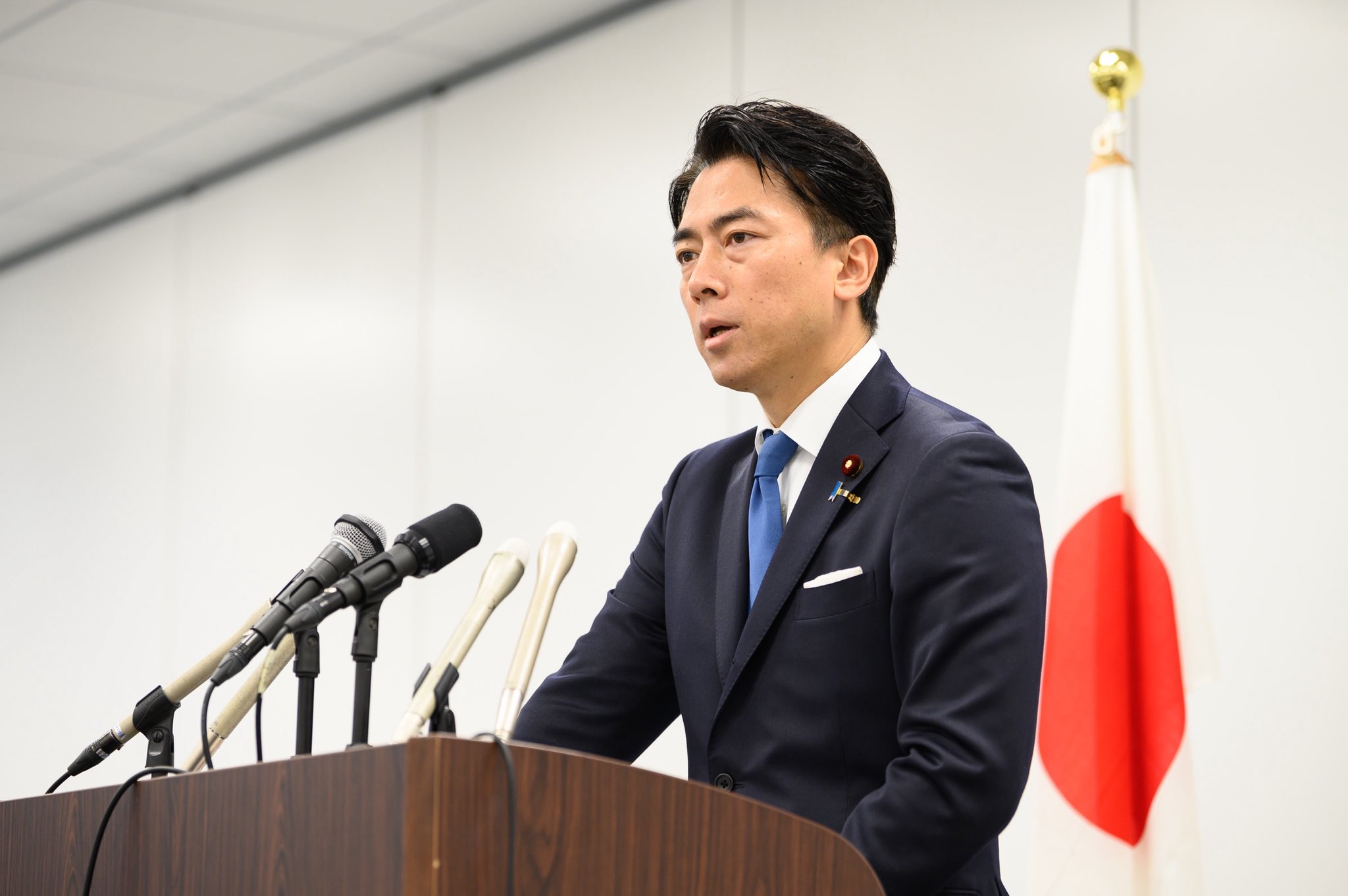TOKYO, Sept 26 – Japan’s Minister of Agriculture, Shinjiro Koizumi, has responded to a wave of criticism over his ministry’s handling of a licensing discussion with New Zealand involving the beloved Shine Muscat grape variety. The controversy stems from a lack of consultation with local producers, sparking concern among farmers and regional leaders.
At the heart of the issue is Yamanashi Prefecture — the symbolic heartland of Shine Muscat cultivation. Its governor, Kotaro Nagasaki, publicly criticized the ministry for engaging in talks about overseas cultivation without first informing the region’s farmers, who have spent decades cultivating the variety with care and pride.
Governor Nagasaki, alongside the local agricultural cooperative, directly appealed to Minister Koizumi, urging a pivot in strategy — one that focuses on expanding export markets for Japanese-grown Shine Muscat grapes, rather than licensing their cultivation abroad.
In response, Koizumi emphasized during a press briefing that no licensing decisions would be made without the consent and involvement of producers. He stated,
“Governor Nagasaki has asked us to focus on expanding exports, and I wholeheartedly agree. We will not proceed with any licensing unless producing regions and governors are fully on board.”
Koizumi also clarified that licensing policies were part of a broader Cabinet-approved strategy aimed at specific agricultural products — an attempt to protect Japan’s innovations while promoting international presence.
The Shine Muscat grape, developed over three decades since the late 1980s by Japan’s national agricultural bodies, has become a symbol of agricultural excellence. But the initial lack of seedling protection overseas led to unlicensed cultivation in China and South Korea, where the grapes are now being sold in Southeast Asia.
To counter this, Japan passed legislation in 2021 to prevent unauthorized overseas sales of valuable agricultural varieties like Shine Muscat.




